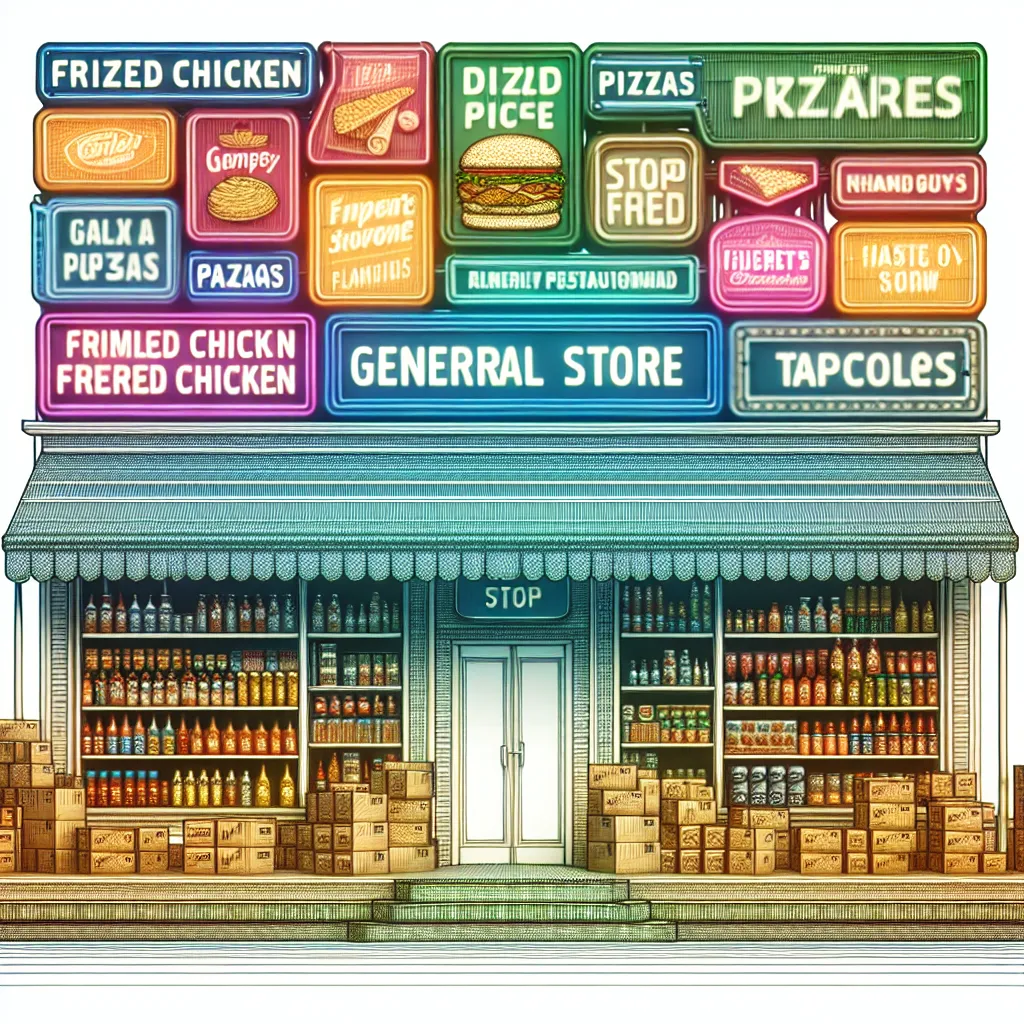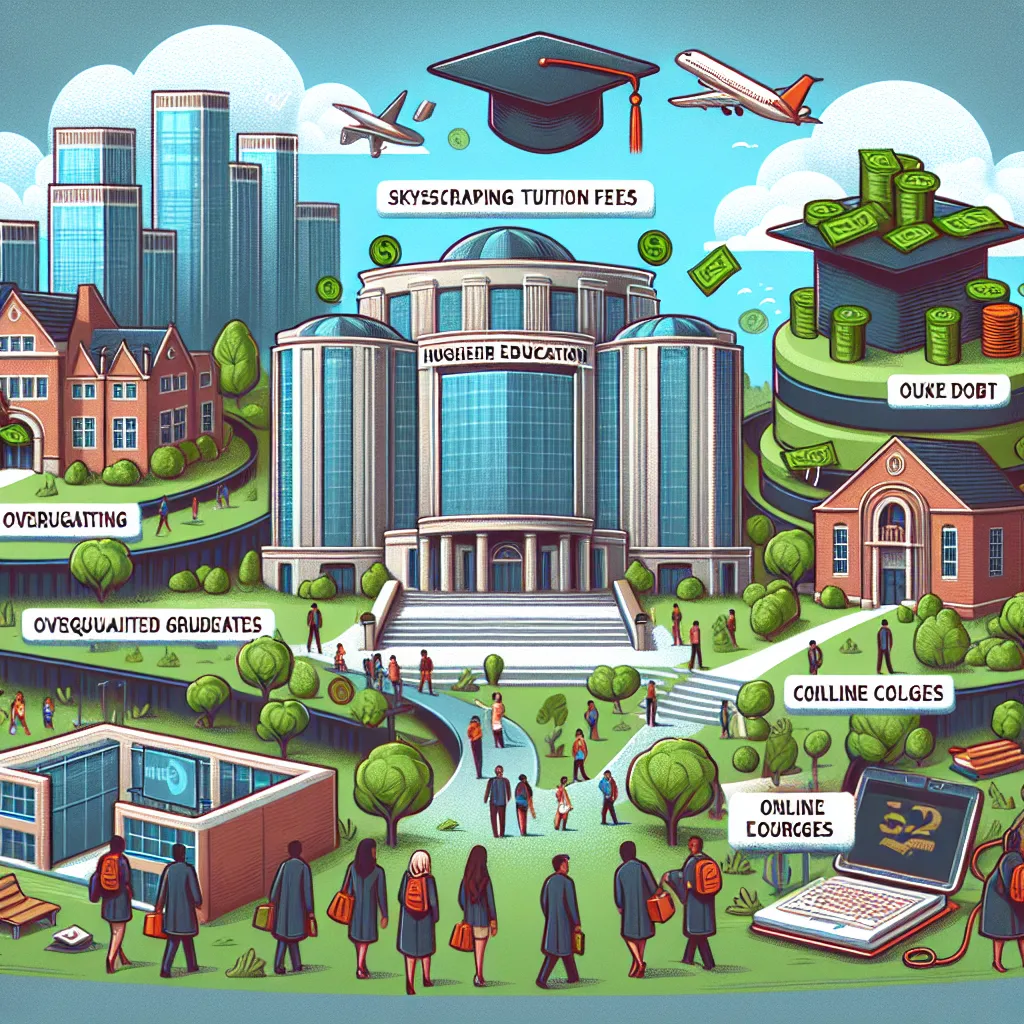Inflation. Just hearing the word might make you want to tune out, but trust me, it’s one of those economic buzzwords that’s actually super relevant to everyday life. It doesn’t just live in textbooks or the realm of Wall Street investors. Nope, inflation has a profound impact on stuff like how much your groceries cost, how far your paycheck stretches, and even how your investments perform. So, let’s break it down casually and see why inflation matters.
First off, what is inflation? In the simplest terms, it’s when the prices of goods and services rise over time. Yeah, prices just seem to keep going up and that’s inflation doing its thing. The real kicker about inflation is how it eats away at your purchasing power. Here’s a quick example: If you had $100 last year and could buy 10 pizzas with it, but now thanks to inflation, each pizza costs $11, you can only get about 9 pizzas for your $100. Not cool, right?
This squeeze on purchasing power can be particularly brutal for folks on a lower income. They spend a bigger chunk of their money on necessities like food and energy. When the price of these essentials jump, it hits them hard, leaving them with even less flexibility in their budget. And unlike wealthier households, they often don’t own assets like real estate, which could serve as a buffer against inflation.
So why does inflation happen? Picture this: A country’s economy starts booming, and people are out there wanting more goods and services than what’s available. This higher demand lets businesses hike their prices because people are willing to pay more. Another scenario is supply shocks. Take when Russia invaded Ukraine, which sent global energy prices soaring due to the reduced supply. Events like these ripple through various sectors, causing prices to jump.
A fascinating aspect of inflation is expectations. If consumers and businesses start expecting prices to rise in the future, they react by hiking wages or prices right now. This creates a sort of self-fulfilling prophecy that keeps inflation chugging along.
Let’s dive a bit into how inflation messes with your investments. Some investments actually thrive during inflation. Think real estate, energy commodities, and value stocks. These usually appreciate in value as prices climb, making them decent hedges against inflation. On the flip side, bonds and pricey growth stocks don’t do as well. Inflation diminishes the present value of future cash flows, making these investments less attractive.
You’ve got options for tackling inflation, though. Businesses and consumers both need to be nimble. For businesses, that might mean raising prices to cover increased costs or boosting efficiency to keep profits steady. Consumers need to get savvier with their budgeting, maybe even looking for better deals or cutting back on non-essentials.
One smart move for companies is improving their operational efficiency. Investing in automation or outsourcing can make a business less vulnerable to inflationary pressures. Plus, diversifying suppliers can help businesses avoid getting blindsided by price hikes or supply chain snafus.
Let’s not forget the long-term consequences of inflation. While a bit of inflation signals a healthy economy, high inflation can spiral into serious issues. Picture living costs skyrocketing, interest rates shooting up, and economic growth slowing down because borrowing gets more expensive. In extreme cases, you get hyperinflation, where prices explode at an insane rate and the currency practically becomes worthless. Trust in the financial system erodes, and it becomes a mess for everyone involved.
On a personal level, grappling with inflation is crucial for smart financial planning. During times of high inflation, the money sitting in your savings account is losing value over time. It’s like watching your hard-earned cash slowly melt away. This doesn’t mean you should blow through your savings but consider investing in assets that traditionally do well during inflation. Think about real estate or commodities as potential options.
Saving for the future, like retirement, can get trickier when inflation is high. You need to find investments that give you returns above the inflation rate. If inflation is at 3%, aim for investments that provide returns higher than that to keep your purchasing power intact.
So, yeah, inflation isn’t just some abstract concept. It has real, tangible effects on daily life and financial health. Understanding its impact on your purchasing power and investments helps you make informed decisions. Knowing what drives inflation and adopting strategies to counter its effects can help you navigate through these economic ups and downs.
Ultimately, inflation is like a double-edged sword. Moderate inflation is a sign of a functioning economy, but high inflation can lead to financial headaches. By staying proactive and informed, you can protect your purchasing power and ensure that your investments keep up with changing times. Whether you’re adjusting your budget, revamping business strategies, or tweaking your investment portfolio, understanding inflation equips you with the insights to stay one step ahead.






